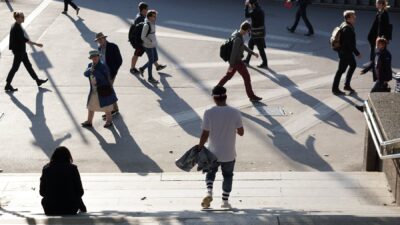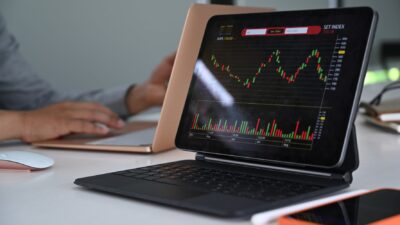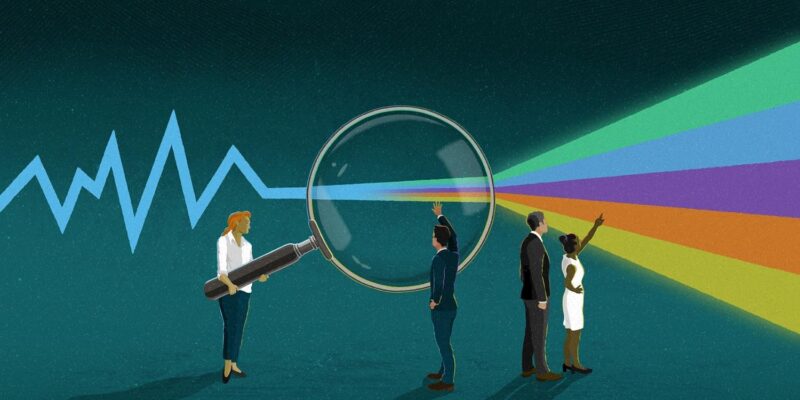
Deceptive patterns: how can we make choices fairer online?
Online, every click and swipe is subtly influenced by how choices are presented to you. In a world where what we watch, listen to, read, and buy is the result of responding to the choices presented to us on a screen, this choice architecture is hugely important. We may not… Read More

Consumer Duty board reports: are firms prepared for the July 2024 deadline?
The UK Financial Conduct Authority’s (FCA) Consumer Duty, a new outcomes-based regulation for financial services firms, has now been in force for over six months. July 2024 will see the deadline for the first annual Consumer Duty board reports. We share our reflections on the importance of these documents and… Read More

Understanding and influencing behaviour: economics vs science
Have you heard the terms behavioural science and behavioural economics floating around? Individuals, corporations and governments are turning to both in the quest to understand and change human behaviour—but does their application add value? And what is the difference between these two similarly named disciplines? With reference to our… Read More

Who doesn’t invest and why? A behavioural data science perspective
As we adjust to a high inflation environment, those who are fortunate enough to have savings are seeing their purchasing power erode by up to 10% per year. In the UK, one way to mitigate the effects of inflation is through investing in Stocks and Shares ISAs. But why… Read More

Interminable: who can read T&Cs?
Many products form a contract between a firm and a customer, the details of which are specified in the terms and conditions (T&Cs). But do customers always understand what they are agreeing to? With the help of a mathematical formula, we find that the reading age and time requirement of… Read More

The Consumer Duty: don’t do more—do differently
The UK Financial Conduct Authority (FCA) has finalised the rules, guidance, and implementation period for the new Consumer Duty. The FCA’s journey The Consumer Duty is the product of 15 years of evolution in the regulation of financial services. It’s not so much a change… Read More

Like an economist at Wimbledon
To what extent is future success affected by past success? This topical question has implications for many areas of society, including education. However, a new study suggests that the answer may come from an unexpected direction: tennis. We look at why tennis players who are matched against someone of… Read More

Decarbon-nudge?
Decarbonisation is one of the largest challenges facing societies across the world, and consumer behaviour has an important role to play in achieving this goal. Behavioural economics shows us that consumer behaviour can be influenced by ‘nudges’ and choice architecture. So what role can nudges play in helping us to decarbonise? Read More

Malbeconomics: taking stock of the 20th anniversary of the 9.99 price point
Developed economies are facing significant amounts of inflation for the first time in 25 years. Consumer prices, measured according to the Consumer Price Index (CPI), rose by 5.8% on average across OECD countries in the year to November 2021. Will Page, former Chief Economist at Spotify and author of Tarzan Economics, celebrates the 20th anniversary of the 9.99 price point and looks at the role that price points play in an inflationary environment. Read More

Bits of advice: the true colours of dark patterns
Dark patterns are deceptive online interface designs that are used to trick people into making decisions that are in the interests of the online business, but at the expense of the user. In this second article of our ‘bits of advice’ series on digital regulation, we dive into the economics behind dark patterns: what are they; what can economics teach us about how they work; how is digitalisation changing their costs and benefits in the eyes of businesses; and how can competition and consumer protection authorities respond? Read More

